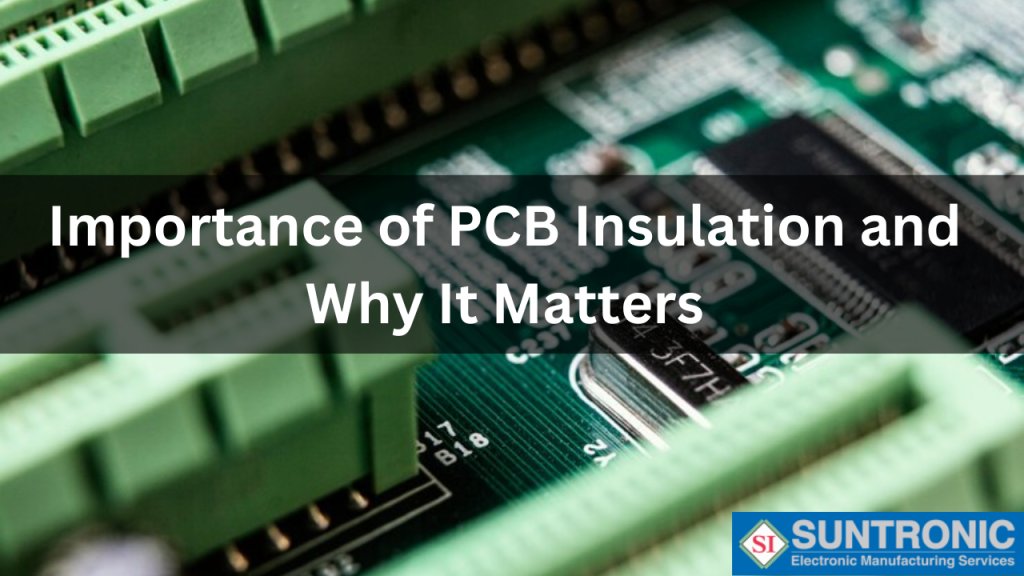PCB insulation is the protective layer that separates conductive traces and components on a printed circuit board, preventing electrical short circuits and interference. Without proper insulation, electronic devices could easily break or malfunction.
Various materials are used to insulate PCBs, each has its unique properties suited for different applications. For instance, epoxy resins offer excellent electrical insulation properties and mechanical strength, making them ideal for high-performance PCBs. On the other hand, polyimide films are flexible and resistant to high temperatures, making them suitable for applications where thermal stability is crucial, such as in aerospace and automotive industries.

The Significance of PCB Insulation in PCB Assembly
Throughout the PCB assembly process, insulation plays a pivotal role in ensuring the integrity and reliability of the final product. By preventing electrical shorts, insulation preserves signal integrity, enabling optimal performance of electronic devices.
Moreover, insulation shields components from environmental factors such as moisture, dust, and temperature fluctuations, which can compromise functionality over time. Mechanical stress during assembly, such as handling and soldering, can also be mitigated by effective insulation, safeguarding delicate components from damage.
PCB Insulation Coating Materials
When it comes to PCB insulation coatings, several categories stand out, each tailored to specific needs:
Epoxy Resins: Known for their high adhesion and chemical resistance, epoxy resins are widely used in PCB assembly to provide durable insulation.
Polyurethane Coatings: These coatings offer excellent moisture and abrasion resistance, making them ideal for harsh environments and outdoor applications.
Silicone Coatings: With exceptional thermal stability and flexibility, silicone coatings are preferred for high-temperature environments and flexible PCBs.
Parylene Coatings: Parylene coatings offer ultra-thin, pinhole-free insulation, ensuring complete coverage even in the tiniest crevices. They’re valued for their biocompatibility and suitability for medical devices and implants.
Benefits of PCB Insulation in PCB Assembly
PCB insulation offers significant advantages throughout the PCB assembly process and beyond. One of the most notable benefits is heightened reliability. By minimizing the occurrence of electrical failures and malfunctions, insulation ensures that electronic devices maintain consistent performance throughout their operational lifespan.
Moreover, robust insulation reduces the necessity for extensive rework and repairs, leading to notable time and resource savings. By mitigating the risks associated with electrical shorts and component damage, insulation plays a crucial role in optimizing cost-effectiveness within electronic manufacturing operations.
Conclusion
PCB insulation is a crucial but often overlooked aspect of electronic manufacturing. It acts as a silent guardian, protecting electronic devices from electrical mishaps and environmental threats. By recognizing the significance of PCB insulation and implementing robust insulation strategies, manufacturers can elevate product quality, decrease instances of failure, and ultimately provide consumers with superior electronic solutions.
Related Blogs:
- Understanding the Burn-in Test Process in PCB Manufacturing
- Understanding the Causes of PCB Design Assembly Failure
- The Importance of PCB Inspection in Electronics Manufacturing
Tiandy Technologies CO.,LTD , https://en.tiandy.com